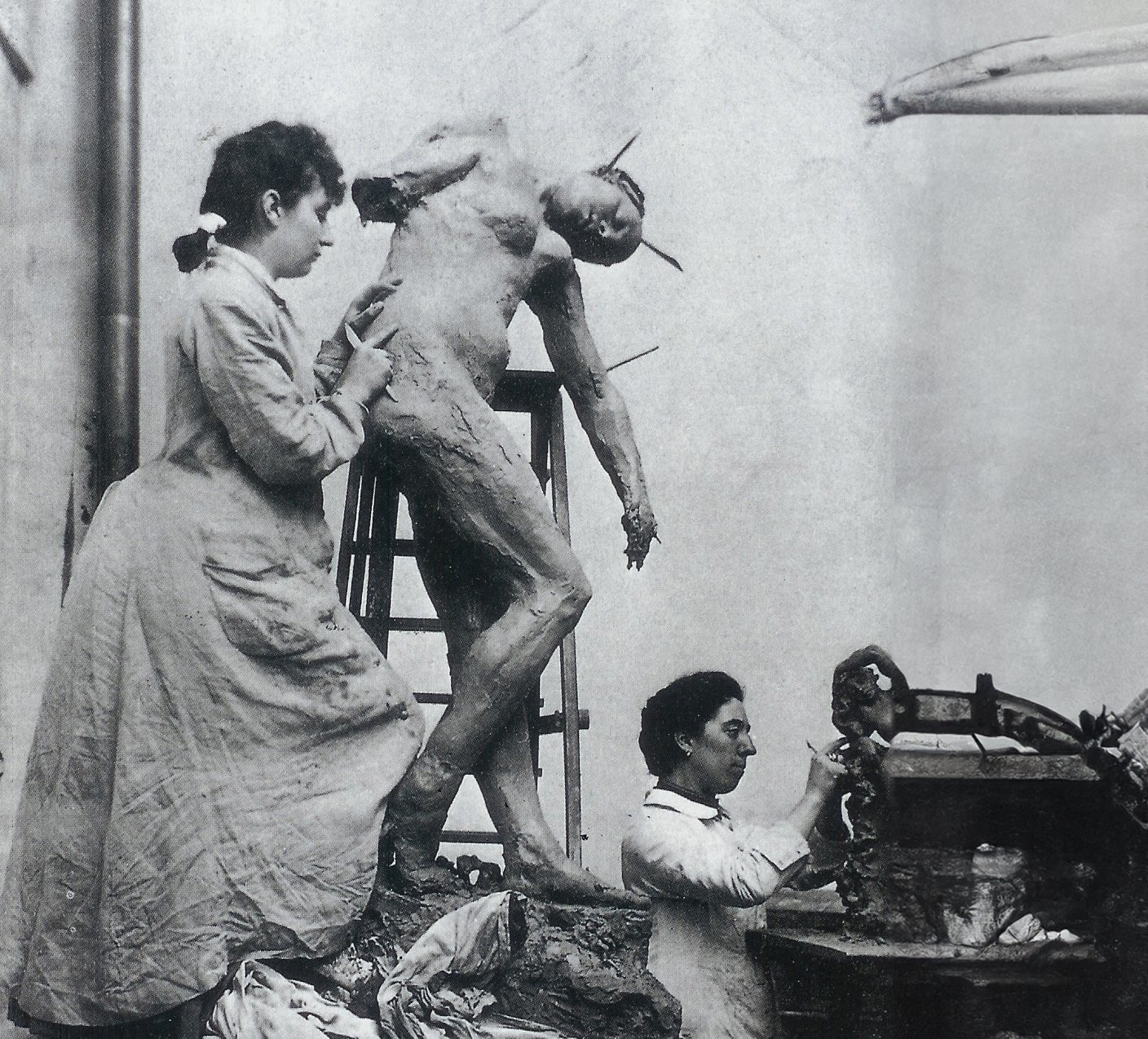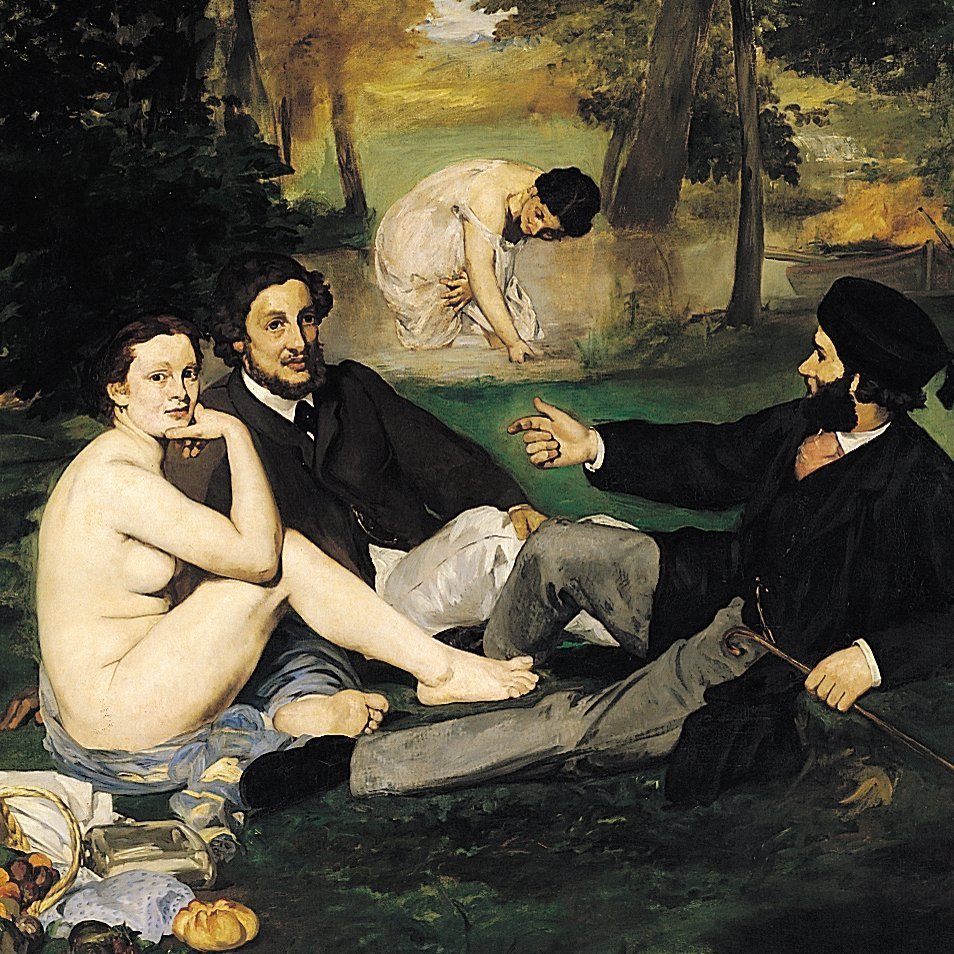
With so many French and Americans coming together at Coucou, we can’t help but notice some cultural differences. Our French staff have already dished on dating in France versus the US, so this time around we’re talking about the top differences in friendship and giving you some tips on how to make French friends!
By ALAINA SCHWArtZ
First impressions
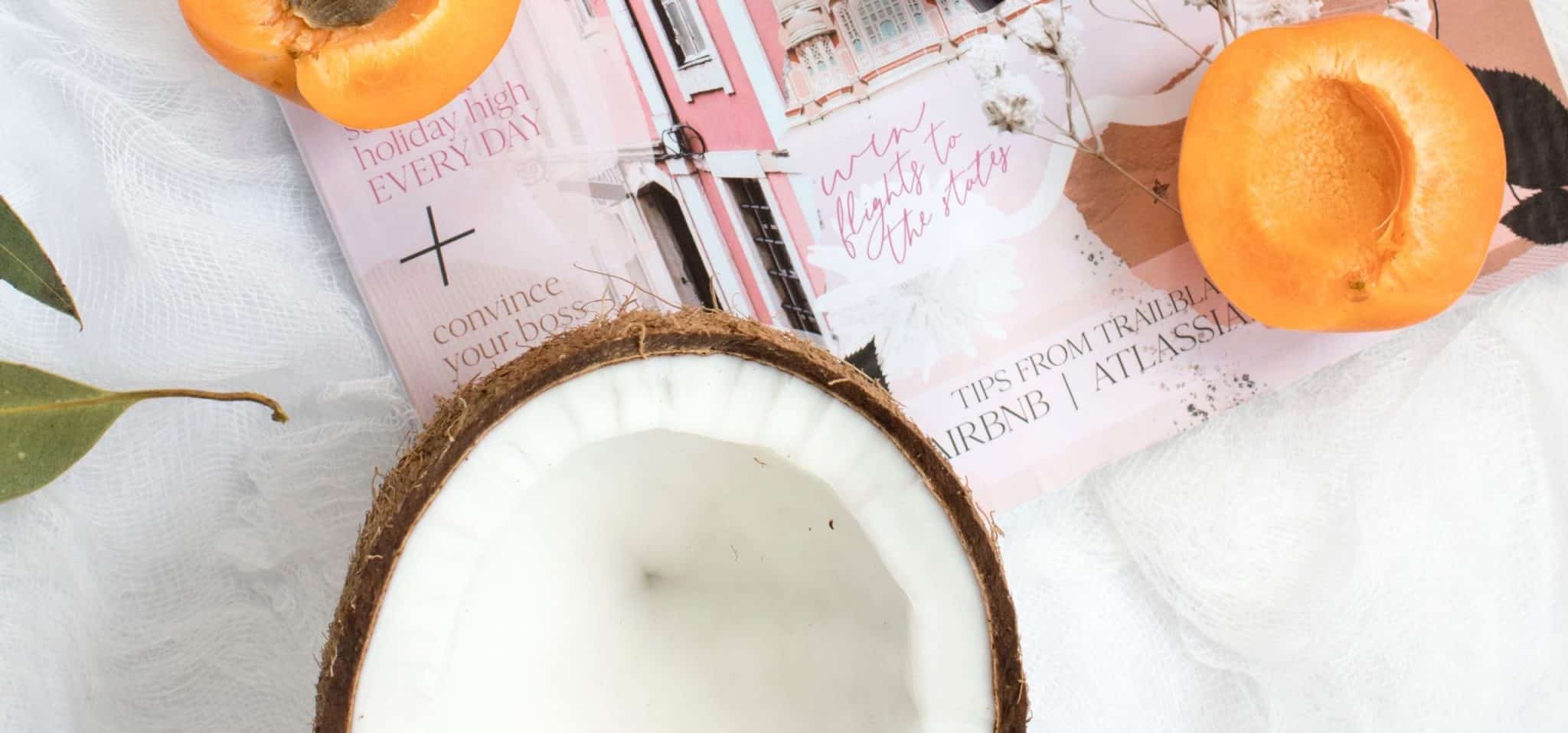
When it comes to friendship, you may have heard that Americans are “peaches” and the French are “coconuts”. In the United States, friendliness is generally considered a part of politeness. Like peaches, Americans have a soft and approachable exterior, with a tendency to be talkative, very friendly, and open to new people. Once you get past this exterior, you might be met with a “pit” that’s a bit guarded, and more difficult to break through. When meeting someone for the first time, the French tend to remain a bit distant and can seem closed off; they’re more discerning about who they open up to, and it takes time to break through their outer shell. But, like coconuts, once you’ve gotten past this shell you’ll find a soft, sweet interior.
This difference can be surprising and possibly discouraging to Americans, who are over-the-top friendly by French standards. Things like smiling at strangers and super-friendly service workers are totally normal in the US, but come off as superficial in France. But it’s not all bad – according to Marianne, “some French people in the US come to appreciate the ease of social interactions – even if it’s superficial, it can make daily life more pleasant.” At the same time, Americans can take comfort in knowing that if a French person seems to be warming up to you, you’ll know they genuinely see you as a friend!
Practice your French: In friendship, are you a peach or a coconut? Read more about it here!
communication style
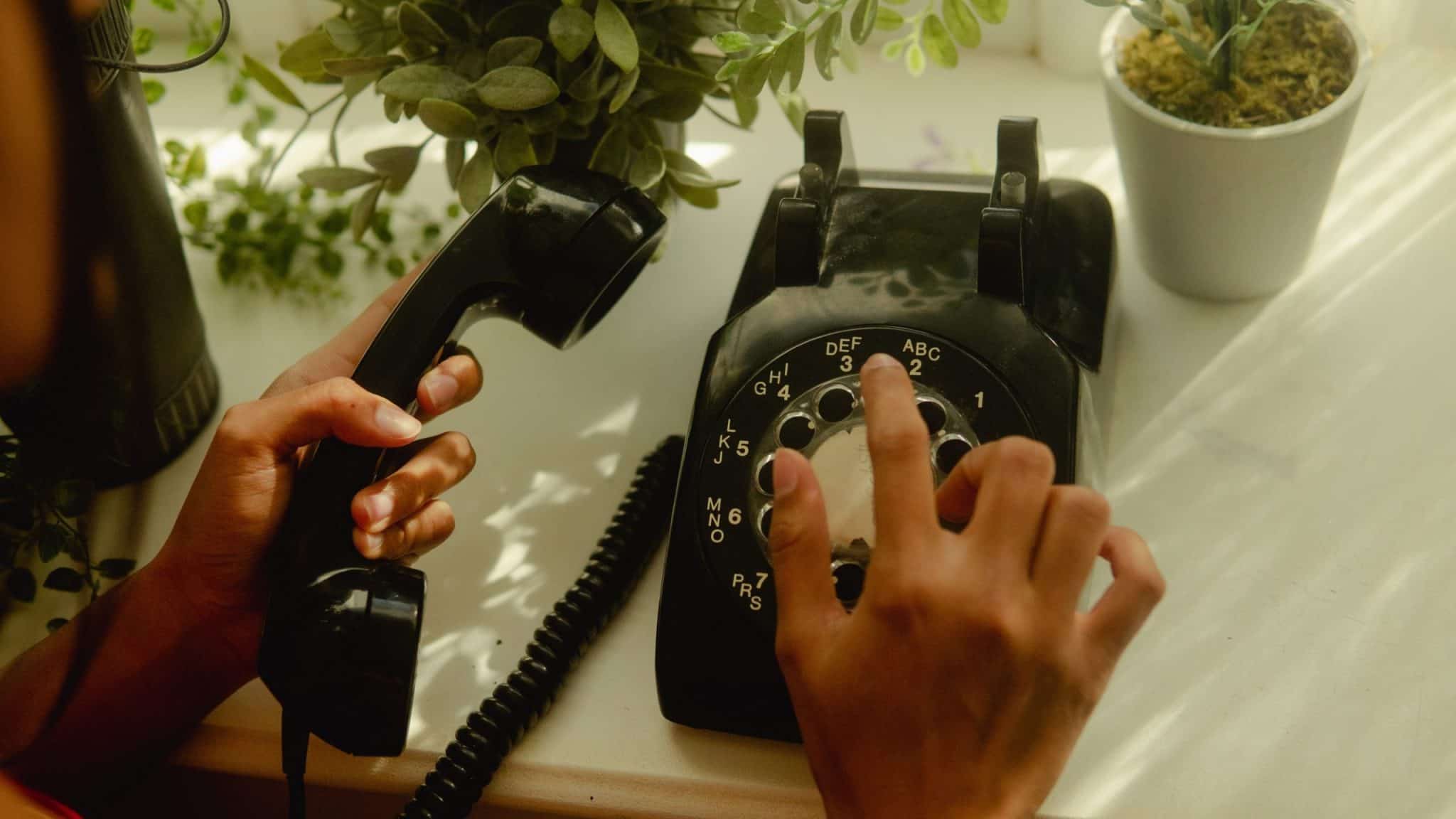
The French are known for being very direct and always saying exactly what’s on their mind, while Americans have mastered the art of indirect communication. Most Americans have lived the experience of bumping into an old classmate, friend of a friend or colleague and mutually agreeing to “catch up soon!”, knowing that neither of you really means it. This is totally foreign to the French who, as Marianne puts it, have a “no BS” style of communication:
Every French person who moves to the US has a similar story of meeting new people who instantly act extremely friendly and would say things like “let’s totally get coffee/dinner sometime!”, only for said coffee/dinner to never materialize, to the dismay of the French person who took the offer seriously and was excited at the prospect of making new friends… A French person would only say things like that if they intend to follow through.
This means that if a French person asks you to meet up, you’ll never have to worry about whether they actually want to hang out with you, or if they’re just being nice. This also means that you should always mean what you say, because it will be taken at face value!
Defining the relationship

When it comes to dating in the US, we have many labels and terms to define our relationships. When it comes to friendship, we have more limited terms and use them pretty broadly – a “friend” might be someone you aren’t very close to but share a few friends with, or that might be a person you’ve known for years and have a deep connection with.
In France, it’s the inverse: dating terms are more limited, but there’s a whole host of words that mean “friend”, and each one conveys a different meaning about the relationship you have with a person. Here’s what Pierre has to say:
I think that in general, relationships are more serious in France. It can be related to the whole dating difference: if you start going on dates and sleeping with someone you are automatically boyfriends/girlfriends, unless specified otherwise. It seems counterintuitive because when it comes to friendship it seems to be the opposite since you don’t get the title of friend right away, but I think it’s the same idea of respecting the other individual. I think to summarize, I can quote what a French woman who had lived in NYC told me before I moved: “Tu verras, aux US, tu auras plein de potes mais pas d’amis.”
The terms French people use to define their friendships do have equivalents in English, but have much more gravity when used in France. Here are the most common ones:
- Un·e connaissance (an acquaintance) is someone you know of, but not very well.
- Un·e ami·e d’ami·e (a friend of a friend) is someone you have an indirect relationship with, but don’t really see on a regular basis or hang out with on your own.
- Un·e pote / un·e copain·ine (a friend) both terms mean someone you feel fairly close to and hang out with pretty regularly.
- Un·e ami·e (a (close) friend) conveys a certain closeness, as with pote and copain·ine, but is a bit stronger. Calling someone “ami·e” is considered a big step in France, as with calling someone your girlfriend or boyfriend in the States. (Note: pote and copain·ine can also be used as an informal term for someone you’d call an ami·e).
longevity
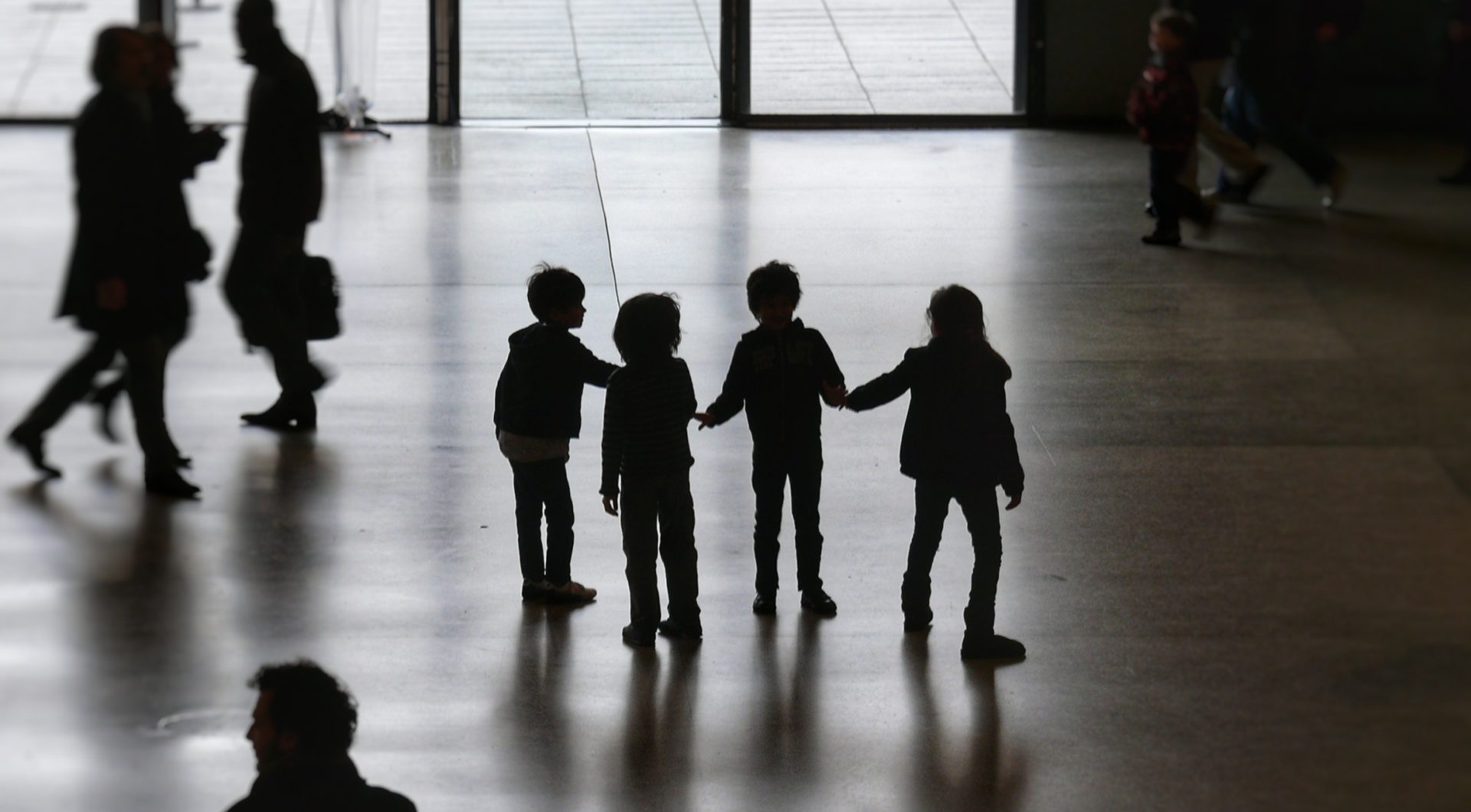
The French are fiercely loyal friends, and prefer to have a few very close friends rather than a large number of acquaintances. You may have to work to earn the title of “friend”, but once you have, you’ll be in for life. But for someone who’s just moved to France and is trying to make friends, this can make things a little difficult. “I think one of the reasons why it’s hard,” says Lucia, a Peruvian-American living in Paris, “is that all of their friends are either from primary school, elementary school, high school or university. And it’s so hard to get into any of those groups because they’ve just known each other for so long.”
Of course, Americans keep their friends close, but also remain open to making new ones, even if that doesn’t necessarily result in a lifelong friendship. The idea of naturally drifting apart from a friend, or having friends for different “seasons” of your life, doesn’t resonate as much in France.
SO, IS IT HARDER TO MAKE FRIENDS IN FRANCE?
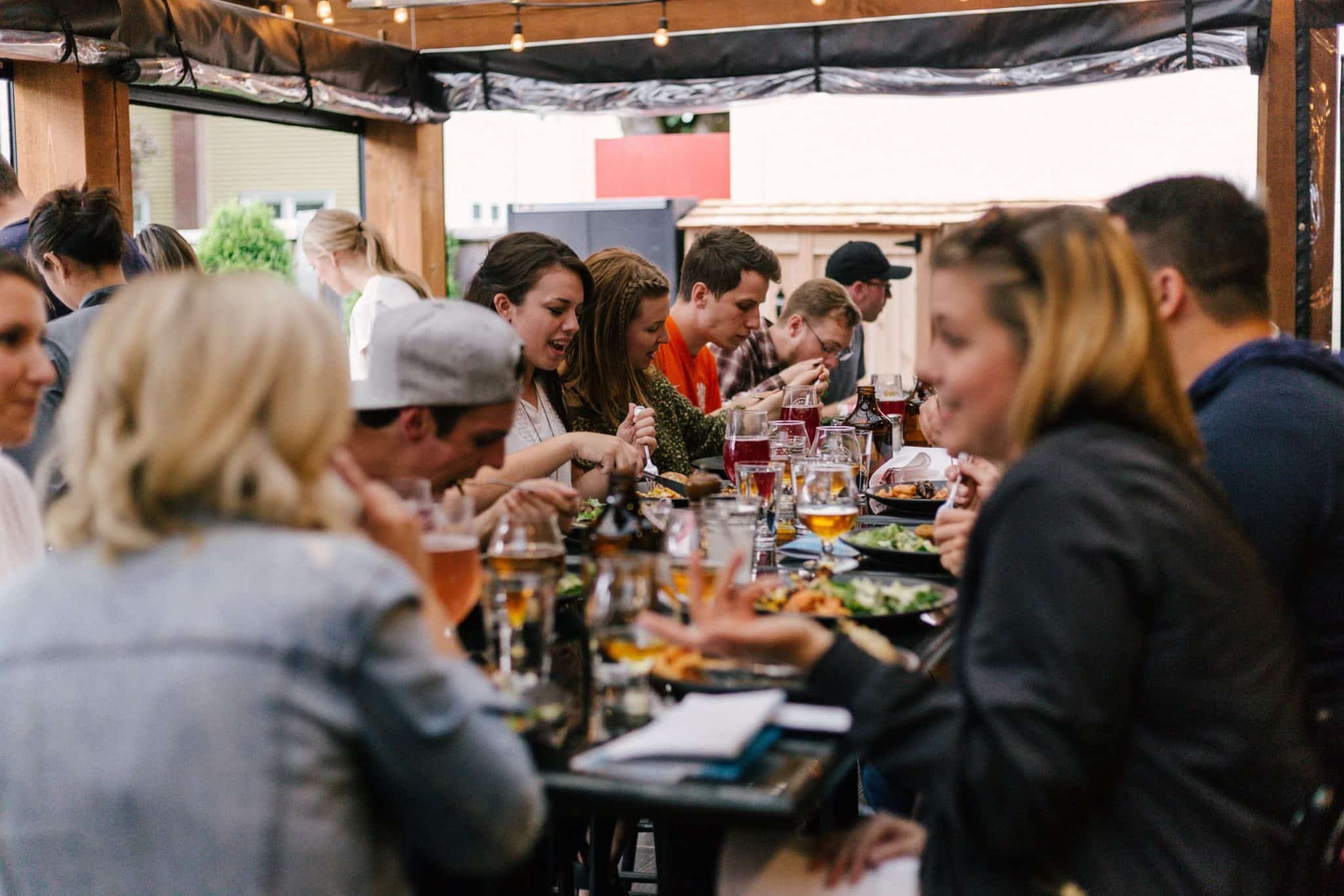
Drumroll, please… Yes and no. At first, it might be more difficult to make friends in France, but that’s true for any culture that’s different from your own. Being open-minded and making an effort is key. Here are our best tips for making friends in France:
- Just be yourself. This one’s a little cheesy, but true! The French value authenticity above all else, so don’t waste time trying to appeal to a large group of people. Focusing on people you have a lot in common with and taking the time to get to know them will result in much stronger, richer friendships.
- Don’t be afraid to make the first move! In her five years of living in France, Lucia has found that making new connections is possible, but you have to push yourself to put yourself out there, “If there’s an apéro happening, go. If you hear somebody making plans be like, ‘That sounds so cool. I would love to come,’ because most of the time they’re gonna say yes!”
- Embrace cultural differences. As a foreigner in France, you might be worried about saying/doing the wrong thing or making an error in French — don’t be! At Coucou, our team of French and Americans have had the best laughs because of a funny translation mistake, or from talking about the many things that we do differently in each country.
- Learn French! The French are very proud of their language, and appreciate any effort foreigners make to speak it — whether you’re a more advanced learner or new to the language. Classes at Coucou, all taught by native speakers, are a great place to start ;). Even a simple “bonjour” goes a long way!

